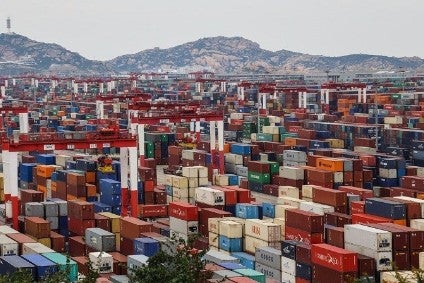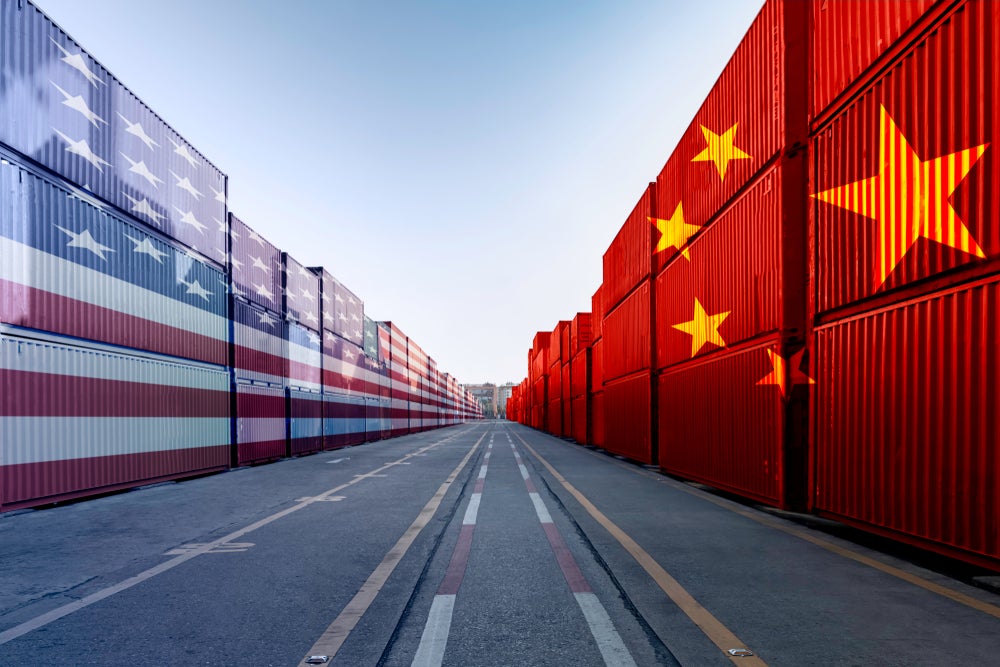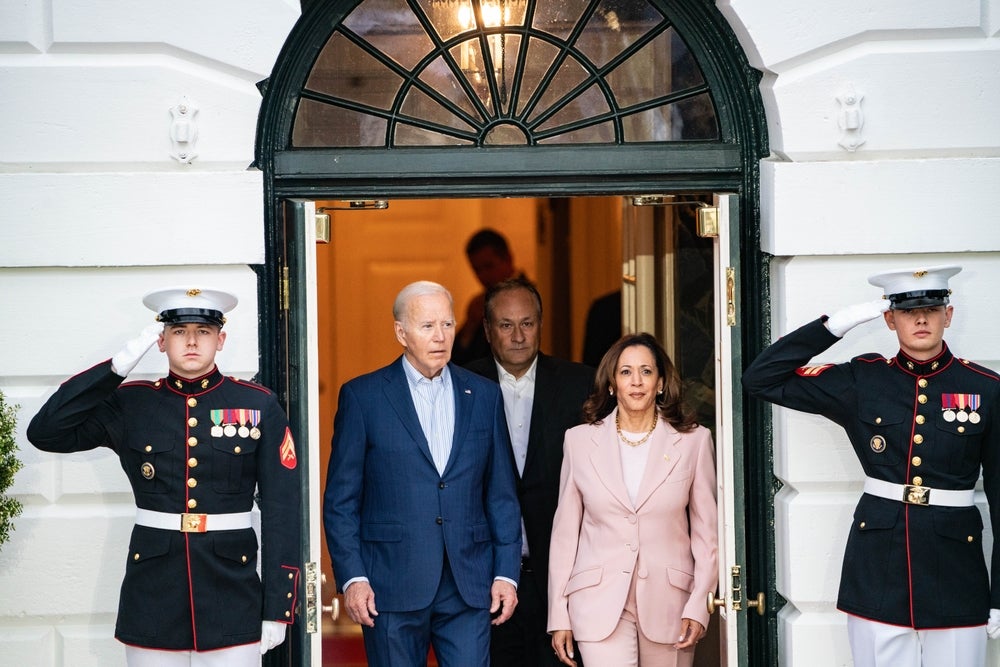
The EU and China have agreed to increase cooperation in supply chain disruptions in addition to bilateral trade and investment.
Speaking at the 9th EU-China High-Level Economic and Trade Dialogue (HED), the two sides discussed global economic challenges, disruptions to the supply chain caused by Covid and the impact of Russia’s invasion on Ukraine.
Executive Vice-President Valdis Dombrovskis and Vice-Premier Liu also discussed bilateral trade and investment concerns.
“The EU and China are key trading partners,” said Dombrovskis. “The importance of our economies comes with a responsibility to shape joint responses to global economic and trade challenges, such as disruptions in supply chains, global food insecurity, debt relief for the most vulnerable countries and reform of the World Trade Organization. Russia’s war of aggression against Ukraine is creating considerable challenges for global security and economy. [There is a] need for continued engagement to build more balanced and reciprocal trade and investment relations between the EU and China.”
The two sides agreed on the need to prevent supply chain disruptions and discussed increasing transparency and exchanging information on the supply of certain critical raw materials and other products.
The two nations are major trading partners: In 2021, China was the third largest partner for EU exports of goods (10.2%) and the largest partner for EU imports of goods (22.4%).
How well do you really know your competitors?
Access the most comprehensive Company Profiles on the market, powered by GlobalData. Save hours of research. Gain competitive edge.

Thank you!
Your download email will arrive shortly
Not ready to buy yet? Download a free sample
We are confident about the unique quality of our Company Profiles. However, we want you to make the most beneficial decision for your business, so we offer a free sample that you can download by submitting the below form
By GlobalDataEU imports from China were EUR363bn in 2019 and EUR472bn in 2021. EU exports to China were EUR198bn in 2019 and EUR223bn in 2021. This is approximately EUR1.3bn per day of imports and EUR600m per day of exports, which is EUR1.9bn of trade between the two every day.
The EU raised concerns related to the business environment, including the lack of a level playing field and the growing politicisation of the business environment in China. This is leading EU companies to reconsider their existing operations and planned investments in the country.
Managing the Covid-19 pandemic is a shared priority and both have worked hard to protect lives. The EU offered further cooperation and exchanges, and encouraged China to review its ‘circuit breaker’ policy, which hampers air services between the two.
Commissioner for financial services, financial stability and Capital Markets Union, Mairead McGuinness, said: “EU–China bilateral cooperation in the financial sector is of mutual interest. I am keen on pursuing cooperation in financial regulatory matters, including in green finance, which is crucial for both economies to support efforts to reach our climate targets. I am pleased that we were able to discuss today concrete solutions to facilitate the operations of European financial institutions in China.”
Other topics included concerns related to the world economic outlook. In particular, the EU stressed the importance of EU and China working together to help address the challenges caused by Russia’s aggression against Ukraine. The EU took note of China’s willingness to work together on ensuring the stability of global markets.
While they both also welcomed the positive outcomes of the 12th Ministerial Conference of the World Trade Organization (WTO). In that context, the EU and China agreed to work jointly on WTO reform. The EU also emphasised the need to address global distortions, such as in the area of industrial subsidies and overcapacities.







